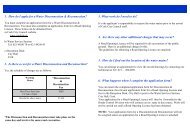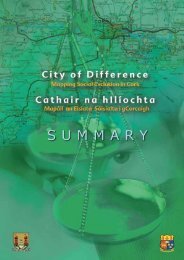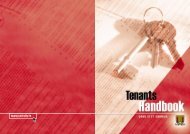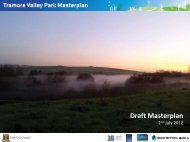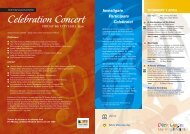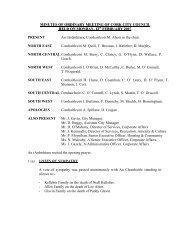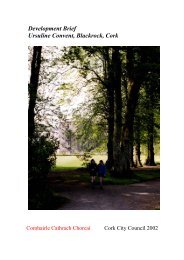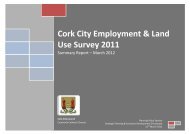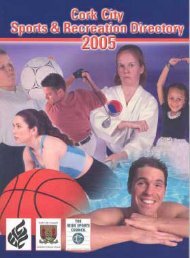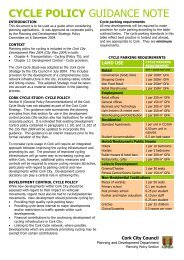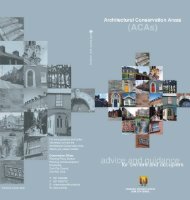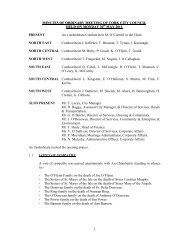Music as a Tool for Social Inclusion (PDF) - Cork City Council
Music as a Tool for Social Inclusion (PDF) - Cork City Council
Music as a Tool for Social Inclusion (PDF) - Cork City Council
Create successful ePaper yourself
Turn your PDF publications into a flip-book with our unique Google optimized e-Paper software.
The Use of <strong>Music</strong> <strong>as</strong> a <strong>Tool</strong> <strong>for</strong> <strong>Social</strong> <strong>Inclusion</strong><br />
Section 1: Policy Context<br />
Forum Plenary Meetings and Working Groups<br />
In general the Forum meets in plenary session twice each year. Plenary meetings<br />
provide an opportunity <strong>for</strong> all Forum members, who are nominated by representative<br />
bodies and networks, and from relevant service providers, to meet. Each meeting<br />
includes a report on activities from the Forum Working Groups, updating members<br />
on plans, a number of keynote presentations, discussions, and invitations to other<br />
interested parties to join the groups. A number of Forum working groups have been<br />
established to progress particular items of work <strong>for</strong> the Forum and report back regularly<br />
to plenary meetings.<br />
1.11. Summary<br />
The central issue <strong>for</strong> the community and voluntary music groups is mainstreaming<br />
policy mechanisms that will ensure their music education programmes can continue<br />
in the future. The intentions of the policies in the NAPinclusion and the National<br />
Employment Action Plan to promote social inclusion, support me<strong>as</strong>ures to incre<strong>as</strong>e<br />
access to employment and lifelong learning opportunities <strong>for</strong> those who are<br />
disadvantaged, and to ensure children and young people reach their true potential, are<br />
obvious. As will become clear in the following sections, the work of the local music<br />
groups meets those intentions, yet their sustainability is tenuous.<br />
The promotion of social inclusion through employment and education is supported by<br />
a range of programmes, including the FÁS Community Employment Scheme, which, <strong>as</strong><br />
will be explored further in this report, is used by two of the music groups included in this<br />
research. However, the interface at which the groups operate, linking music, lifelong<br />
learning, employment and community education, does not sit e<strong>as</strong>ily with the central<br />
values of many of these programmes. As highlighted by the NESF, the music activity is<br />
a byproduct <strong>for</strong> the funding organisations, so its real importance is not recognised.<br />
The real answer <strong>for</strong> the community music groups appears to lie in the emergence of<br />
a clear national policy that will need to provide within a national framework practical<br />
supports and resources necessary <strong>for</strong> arts and education.<br />
The ingredients to pave the way <strong>for</strong> such a policy exist. There are three key strong<br />
considerations that will in<strong>for</strong>m this report’s recommendations:<br />
1 The framework proposed by <strong>Music</strong> Network Ireland <strong>for</strong> local music education<br />
partnerships, seen <strong>as</strong> likely to ensure access and social inclusion is supported<br />
by the Arts <strong>Council</strong> and the Department of Education and Science. The latter<br />
have funded two partnership pilots in Dublin and County Donegal. These<br />
pilots have been mainstreamed. An advisory Arts and Education Committee<br />
w<strong>as</strong> established jointly by the Minister <strong>for</strong> Arts, Sport and Tourism and the<br />
Minister <strong>for</strong> Education and Science in 2006 to advise the Arts <strong>Council</strong> on how<br />
best to promote and encourage the arts within the <strong>for</strong>mal education system.<br />
18



